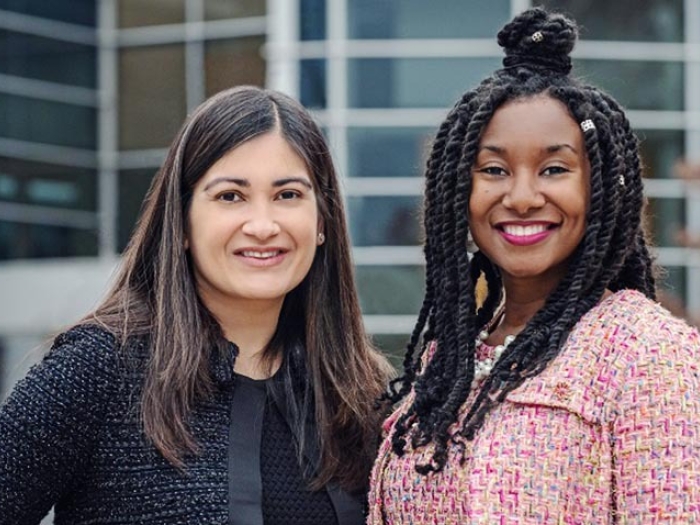A new survey, published in JAMA, finds that sexual harassment and gender bias among physicians continues.
10:51 AM
Author |

At a time when women make up half of all medical school students, Reshma Jagsi, M.D., D.Phil., had hoped to show that gender bias, or at least more overt sexual harassment, were no longer significant issues in her field.
SEE ALSO: For Doctors Behaving Badly, Punishments Vary by State
But, in a survey of high-achieving physician-scientists, she found that nearly a third of women reported experiencing sexual harassment.
"This is a sobering reminder that our society has a long way to go before we achieve gender equity," says Jagsi, associate professor and deputy chair of radiation oncology at the University of Michigan Medical School.
Jagsi and her colleagues surveyed 1,066 physician-scientists about their career experiences, including questions about gender bias, gender advantage and sexual harassment.
Women were more likely than men to report both perceptions and experiences with gender bias: 70 percent of women versus 22 percent of men perceived gender bias, and 66 percent of women versus 10 percent of men said they experienced gender bias. In addition, 30 percent of women compared to 4 percent of men said they had experienced sexual harassment.
Jagsi discussed the findings, which are published in JAMA: The Journal of the American Medical Association.
We need to recognize the degree to which sexual harassment and gender inequality continue to be issues in academic medicine.Reshma Jagsi, M.D., D.Phil.
Were you surprised by these findings?
Jagsi: Any time you have a situation where there are strong power differentials between people who are working closely together, there's a risk of discrimination and harassment happening. But the perception among many of us is that this type of behavior is a thing of the past. So it's sobering to see quite how many relatively young women in this sample reported experiences with harassment and discrimination.
What drove you to look at this issue?
Jagsi: I give a lot of talks on gender differences in academic medicine, and why we have so few female leaders in academic medicine. I always included a slide that would cite a 1995 survey that found about half of women physicians reported sexual harassment. It felt like that was no longer recent.
When you look at women's participation in academic medicine, it was less than 10 percent in the 1970s and has grown to nearly half today. So the 1995 sample included a lot of women who went to school when they were a small percentage of medical students. In our cohort, they would have attended medical school in the 1990s when women were over 40 percent of all medical students.
I thought in this cohort, who attended medical school in a very different environment, that there would be less bias or at least less overt harassment. But I was disappointed to find that's not really the case.
Why is it important to recognize this gender gap?
Jagsi: There has been growing concern about the pipeline of physicians entering academic medicine. We know from other studies that women are not promoted at the same rate as men, and often do not have as much success measured in other ways. There's been attention on unconscious bias and deeply held assumptions about gender roles for men and women, with some promising and innovative efforts underway to address those issues. But there is much work to be done.
SEE ALSO: Does a Hospital's 'Safety Culture' Reduce Risky Infections?
I have the sense that many well-intentioned people think if we just wait a little while longer, everything will work itself out. In time, the larger proportion of women in medical school will lead to a larger proportion of women leaders in academic medicine.
But are there certain challenges women are facing that men aren't, even today? Sexual harassment is one of those challenges that seems to place a disproportionate burden on women. We need to recognize the degree to which sexual harassment and gender inequality continue to be issues in academic medicine. Documenting these experiences is also important. Women who experience these types of harassment may be less likely to report these incidents if they feel they are unique and aberrational. Our data shows that unfortunately this is not an unusual situation and reflects a larger societal problem that has been remarkably persistent.

Explore a variety of healthcare news & stories by visiting the Health Lab home page for more articles.

Department of Communication at Michigan Medicine
Want top health & research news weekly? Sign up for Health Lab’s newsletters today!





